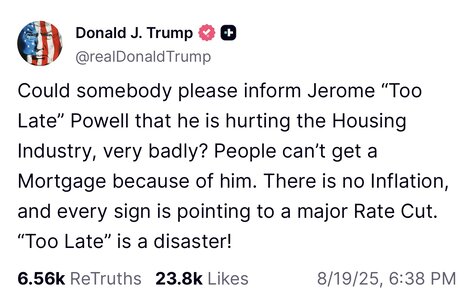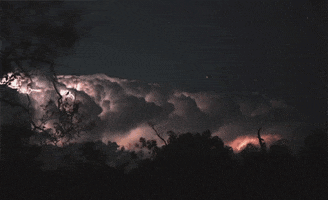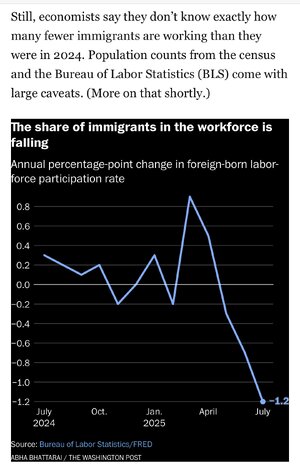superrific
Master of the ZZLverse
- Messages
- 12,420
Obama was bashed from the right as a socialist/ communist for that (and from the populist left for being a capitalist pig looking out for the big guys instead of the little guys).
Well, if I recall correctly, the feds only had preferred stock and no voting power. It wasn't a control play; it was a "they have nothing to exchange for this support except equity" play.
More importantly, the idea of governments taking ownership stakes in corporations is centuries old. China's economy is built on it. Plenty of European countries have ownership stakes in big industry. France is the largest shareholder in Airbus; Germany the largest shareholder in Deutsche Telecom; Spain has large ownership stakes in many of its big companies.
And of course, and this is probably why she is dancing around it -- Russia is famous for having large equity stakes in its big companies.



